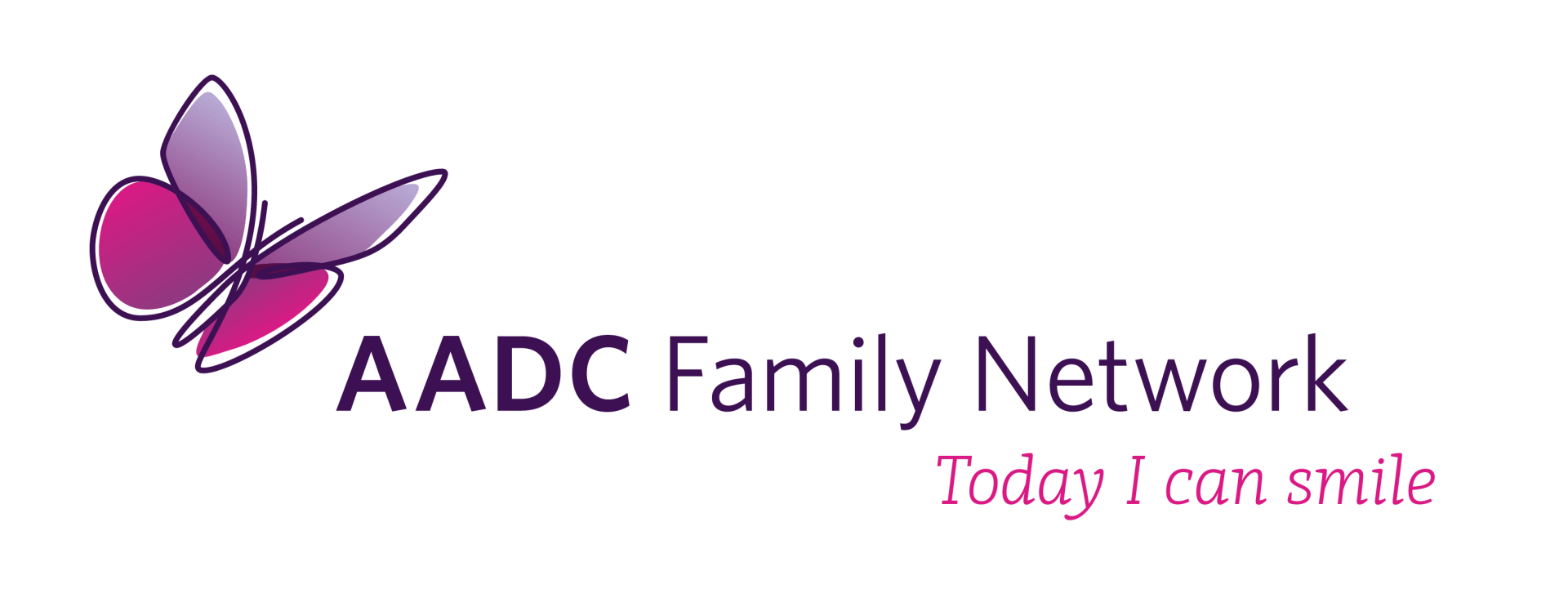What is Dopamine?
Dopamine is a neurotransmitter that is made in the brain (it is basically a chemical messenger between neurons – sending messages between nerve cells in the nervous system). It is responsible for our bodies ability to experience feelings of pleasure, mood, reward motivated behavior and reinforcement, learning, as well as physical abilities with movement, motor control, heart rate, kidney function, digestion and sleep. Dopamine is a precursor to epinephrine (adrenaline) and norepinephrine (noradrenaline) so these chemicals are affected as well. These chemicals play a critical role in the autonomic nervous system. With AADC , the lack of Dopamine leads to many disruptions throughout the body.
What is Serotonin?
Serotonin (5HT) is a neurotransmitter that carries signals between neurons and is made from the essential amino acid tryptophan. It is used throughout the body and in the CNS effects mood, sleep, temperature and appetite. It is mostly found in the GI tract where it regulates intestinal movement and regulates bone mass. It also has cognitive functions including memory and learning and is stored in blood platelets and released during agitation or vasoconstriction. Like Dopamine, the lack of Serotonin found in patients diagnosed with AADC leads to a disruption of controlling everyday bodily processes.
Who can diagnose AADC Deficiency?
Many physicians are unaware of AADC and therefore are unlikely able to diagnose the disease, especially on symptoms alone. Specific testing is required to measure metabolites in plasma, blood serum and CSF fluid to get an accurate diagnosis.
If you suspect your child may have this disease, and are interested in a no-cost AADC deficiency test, please refer your physician to http://aadcinsights.com/
If you want to talk with Kelly or Bruce, please email!
Patient, Families and Physicians
Bruce Heger
bruceheger@aadcfamilynetwork.org
Kelly Heger
kellyheger@aadcfamilynetwork.org
Who gets AADC and What is the cause?
Aromatic L Amino Acid Decarboxylase Deficiency (AADC) affects males and females equally. It is caused by a mutation in the DDC gene (which provides messengers to the body to create enzymes known as neurotransmitters). In AADC, the neurotransmitters dopamine and serotonin are affected causing a disruption in communication to the cells and nervous system. The symptoms related to AADC occur when the neurotransmitters are not working properly.
There are about 100 cases described in medical literature from around the world, with 20% being from Taiwan. Less than 200 cases have been officially diagnosed around the globe, in the countries of: Australia, Austria, Argentina, Belgium, Brazil, Cambodia, Canada, China, Estonia, France, Germany India, Iran, Ireland, Israel, Italy, Japan, Jordan, Malaysia, Netherlands, Pakistan, Philippines, Portugal, Russia, Singapore, Spain, Switzerland, Taiwan, Thailand, Turkey, UAE, UK, USA, and Zanzibar.
Is AADC an inherited condition?
Yes. AADC deficiency is an inherited autosomal recessive trait. This means that each parent would have to have a bad AADC allele, that they passed on to their affected child.
A carrier is when a mutation is found in only one copy for the DDC gene. When a couple have children together and both are carriers the following are the chances for their children to have AADC:
- 25% chance that their child will have AADC
- 50% chance that their child will be a carrier of AADC (like their parents)
- 25% chance that their child will NOT be a carrier of AADC, nor will they have it, nor will they pass it on to their children.
If both parents have one defective allele, their child has a 25% chance of inheriting AADC Deficiency, a 50% chance of becoming a carrier, and a 25% chance of being free from any defective alleles.
What is the Prognosis?
It is unknown what the life expectancy is of a child living with AADC. There have been some children who have lost the battle to this devastating disease. However, severity of symptoms vary from mild, moderate to severe. In some instances, symptoms can cause other issues such as contractures due to severe OGC crisis. Frequent vomiting can result in aspiration causing pneumonia and difficulty breathing resulting in further respiratory issues.
Some children can have significant fluctuations of their autonomic nervous system resulting in life-threatening moments (especially during times of stress). It is very important to follow the advice of the doctor’s recommendations regarding monitoring symptoms and knowing what to do in the event of an emergency.
Our hope is to one day have a cure for AADC, and current research and trials have proven to see success (some children are sitting, walking and talking. It is through research and funding that we hope to see the day where no child has to deal with AADC deficiency every again. However, the ALADD Foundation and AADC Family Network is here to assist families as they navigate this journey.
How do I donate to the ALADD Foundation?
You can make a monetary donation conveniently here on our website, by clicking on any of the "Donate" buttons. This will take you to make a donation via PayPal, which allows you to complete your transaction using any major credit card, straight from your bank account, or from your PayPal account balance. If you would prefer to make a donation via check or other means, contact us today.
How do I contact you?
If you would like to reach either Bruce or Kelly directly, you can email them at kellyheger@aadcfamilynetwork.org or bruceheger@aadcfamilynetwork.org . We also have a convenient contact form right here on our website if you would prefer to send us a message. Once we get your message, we will get back in touch with you as soon as we can!
Our Mission Statement is simple:
"One day I will walk, one day I will talk,
TODAY I can smile."
The ALADD Foundation Board
Location
While we are based in Massachusetts, we gladly assist families suffering from AADC all across the United States!





